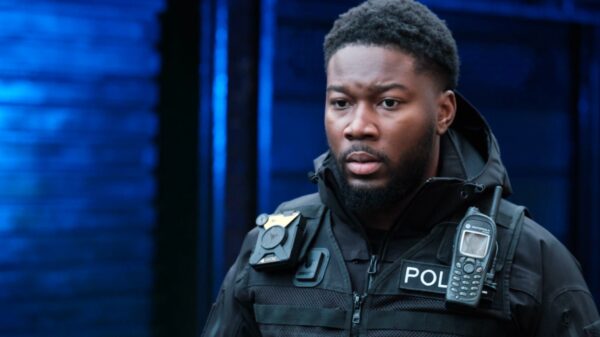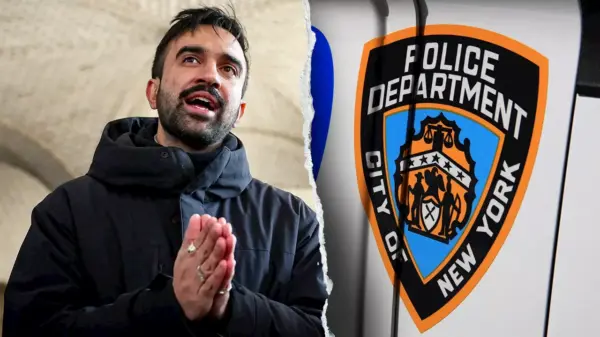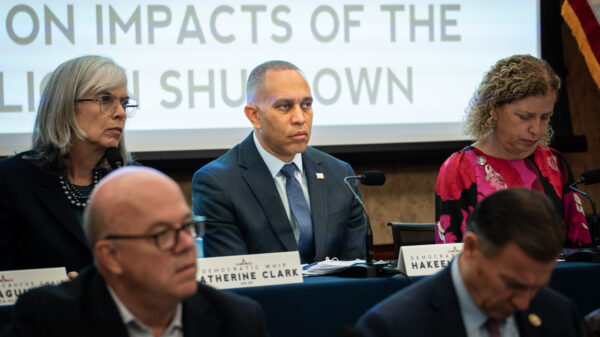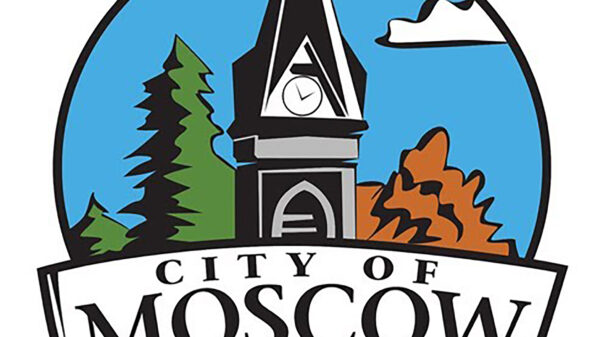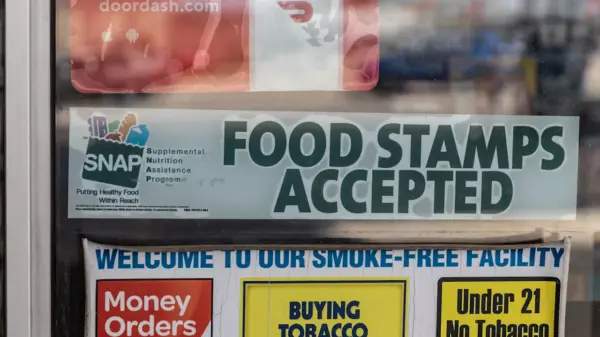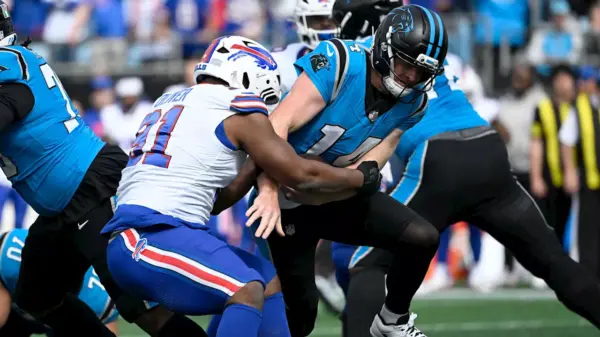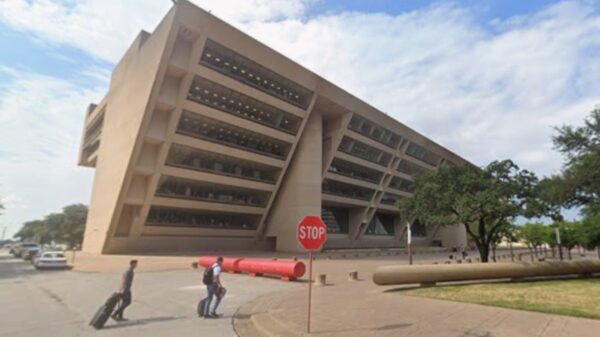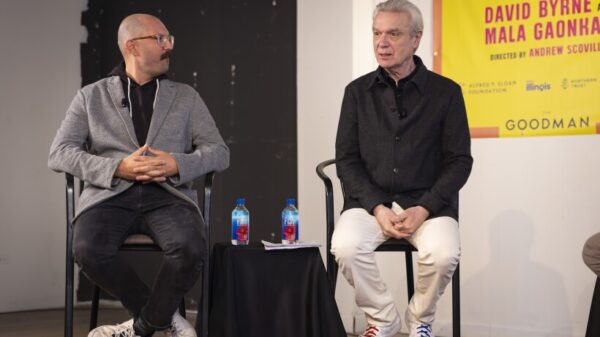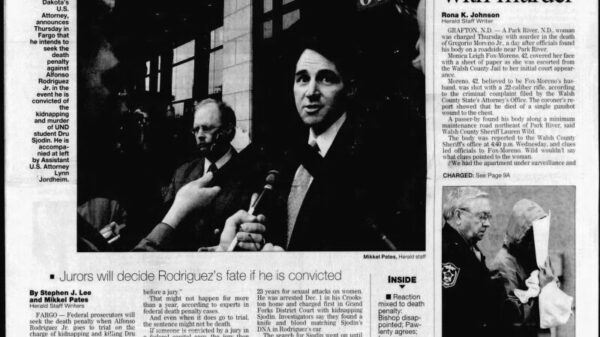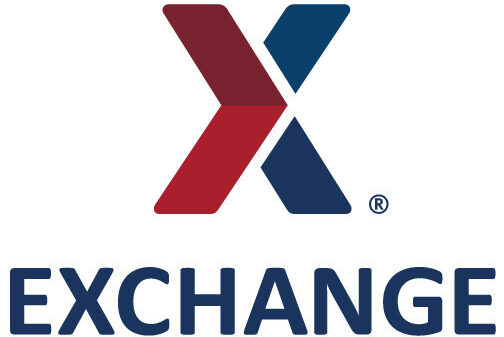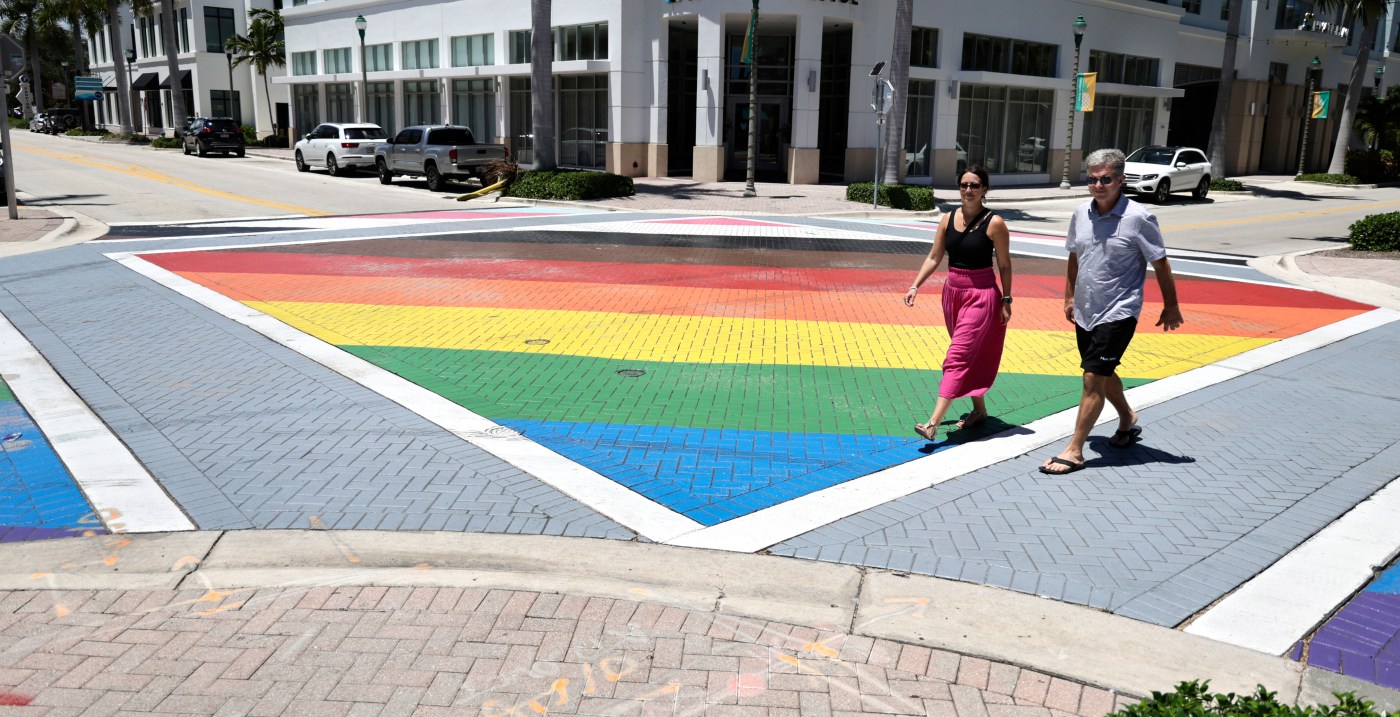Residents of Delray Beach, Florida, are challenging a state order to remove a rainbow crosswalk, a significant symbol of inclusion for the LGBTQ community. During a city meeting on August 19, Marcie Hall, a 67-year-old Army veteran, expressed her deep emotional connection to the crosswalk, stating, “Marginalized people sometimes need a symbol to show they matter. And taking away that symbol says they don’t.”
The Florida Department of Transportation (FDOT), under the direction of Governor Ron DeSantis, has threatened to deny state funding unless the city removes the painted crosswalk. This funding amounts to approximately $60.3 million earmarked for various projects, including beach renourishment, streetlights, and road repairs. Despite the financial implications, city leaders have decided to confront the state’s demands, recognizing that the principle at stake is more significant than monetary considerations.
State’s Removal Order Sparks Outrage
Delray Beach officials are set to challenge the removal order during a hearing scheduled for September 2, 2025, in Orlando. While many observers doubt the city will prevail, they see this as a critical moment in asserting local governance against what they perceive as state overreach. The FDOT has warned that if the city insists on keeping the crosswalk, it will be removed without further notice, with the city billed for the costs.
This approach mirrors recent actions taken by the state, which included the clandestine removal of a painted memorial for the 49 victims of the Pulse nightclub shooting, a decision made without prior notification to the city. Such actions have drawn sharp criticism from community members, who view them as acts of vandalism rather than governmental procedures.
In response to these developments, Hall, who married her spouse in Delray when marriage equality was legalized, alongside other residents, urged city officials to maintain the crosswalk. “You can remove the paint,” Hall asserted, “but that doesn’t erase what it represents.”
Defending Local Values
Some neighboring cities, including Boynton Beach and West Palm Beach, have succumbed to similar pressures and removed their painted tributes to diversity. However, Delray Beach and Key West stand firm in their commitment to resist such actions. City Commissioner Rob Long voiced the sentiment of many residents, stating, “It’s bigger than one intersection. It’s about whether Delray governs itself, or whether Tallahassee can invade our streets, erase our culture, and dictate our future.”
Long emphasized the importance of local governance, arguing that the state’s actions could lead to a pattern of eroding community values. He remarked, “This is about standing up for our residents, our values, and our right to self-govern.”
As the city prepares for the administrative hearing, residents remain hopeful that their stand will resonate beyond Delray Beach, inspiring other communities facing similar challenges. This situation highlights the ongoing tensions between state and local authorities over cultural symbols, with implications that extend into broader discussions about representation and community identity in Florida.
The outcome of the hearing may set a precedent for how local governments can assert their rights and protect symbols of inclusion in the face of state opposition. As the fight continues, residents are determined to make their voices heard, ensuring that their community’s values are not erased.






